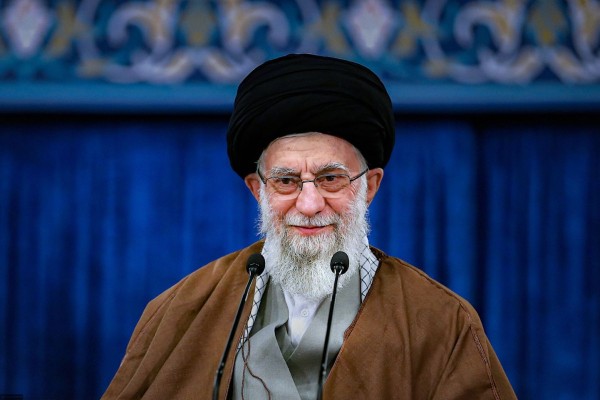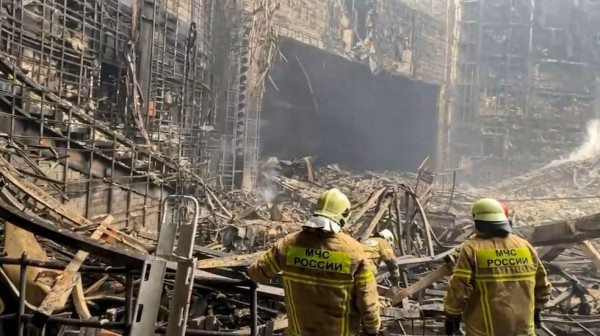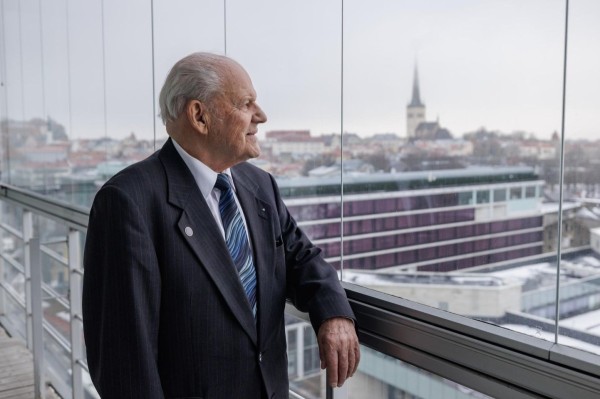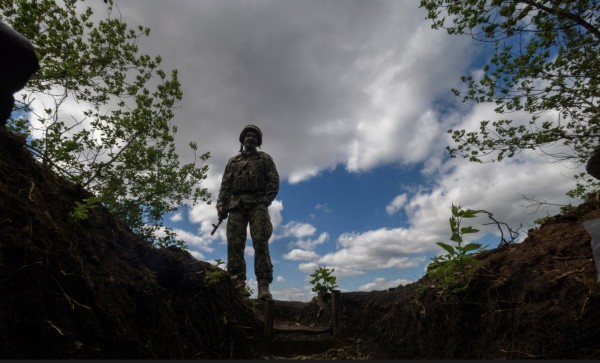Françoise Thom*
Russie Europe : les dangers du « redémarrage »
(http://www.diploweb.com/Russie... )
What strikes a historian when looking at the relationship between Russia and Europe is the unchanging illusions Russia produces in the imagination of Westerners, and Russia’s ability to dictate the conceptual frameworks within which it wants to be interpreted --and misunderstood-- abroad.
This explains another mystery in the relationship between Russians and Europeans: the astonishing imperviousness of the Western partners to experience.
The successive setbacks suffered by businessmen in Russia, the snubs regularly inflicted on European statesmen, the murders, the insults to diplomats, the abusive nationalizations, the broken commitments, the violations of international law, all are instantly forgotten.
No sooner had Russia launched a war of conquest allowing it to occupy 20 percent of the territory of a neighboring state, than the United States spoke of a “reset”; that is to say, of wiping off the slate (and thus erasing a valuable experience from which the lessons should have been drawn), while France is eagerly offering Russia the means for its next war of aggression against neighboring states by selling it Mistral helicopter carriers.
Rarely has the actual misunderstanding of Russia been as great as it is now, and as fraught with disastrous consequences for Europe.
France, in particular, is going down a perilous path. Russia has seduced Paris an exciting role: that of a partner in the modernization of the large eastern neighbor. We preen at having such an honor bestowed on us, our national vanity is flattered. We are dizzy from the Russian incense and fail to see the harsh realities.
We believe Russia to be weak, handicapped by a demographic catastrophe, and an underdeveloped economy.
We figure that in the face of so many difficulties it will turn inward and heal its wounds.
We believe that the crisis has put a brake on Moscow’s ambitions.
We are a thousand miles away from perceiving the world as the Russian elites do: we do not see the consequences they have drawn from the crisis.
To be sure, the optimism that prevailed in Russia at the beginning of 2008 has been tempered. Russia then saw itself as an emerging power, a part of the Brazil-China-India bloc whose irresistible rise was to dethrone the Western world, especially the hated United States.
Lavrov, Russia’s Foreign Minister shamelessly welcomed the demise of Western values.
"The old West has lost its intellectual and moral leadership in the world", S. Karaganov, a political scientist, gloated.[1] The undemocratic, authoritarian model seemed poised to win, a glorious revenge for Russia which never accepted the collapse of the USSR and the defeat of its one-party rule in 1991.
In the spring of 2008 the Russian president, who had just been elected, proposed the establishment of a new security system in Europe. The Europeans did not understand that this initiative reflected Moscow’s new assesment of the « correlation of forces ». In the eyes of the Russian leaders, the fading of the U.S. was now a done deal and Europe was supposed to take it into account and give it an institutional form.
Law is only perceived by the Russians as the codification of a “correlation of forces”.
Since that “correlation of forces” had evolved to the detriment of the United States and to the advantage of Russia, the European security architecture was to be amended accordingly.
As the Europeans were dragging their feet and continued to refuse to see “the realities”, as they say in Russia, Moscow decided upon a small show of force: the Russo-Georgian war was primarily intended to show Europeans that the alliance with the United States was worth nothing. Russia was in a position of strength and could act unilaterally when it so desired.
Continue reading the translation into English of this article here:
http://docs.google.com/View?id...
* Françoise Thom teaches history at the Sorbonne University.
Russia-Europe: The dangers of a "reset"
Arvamus
TRENDING



























